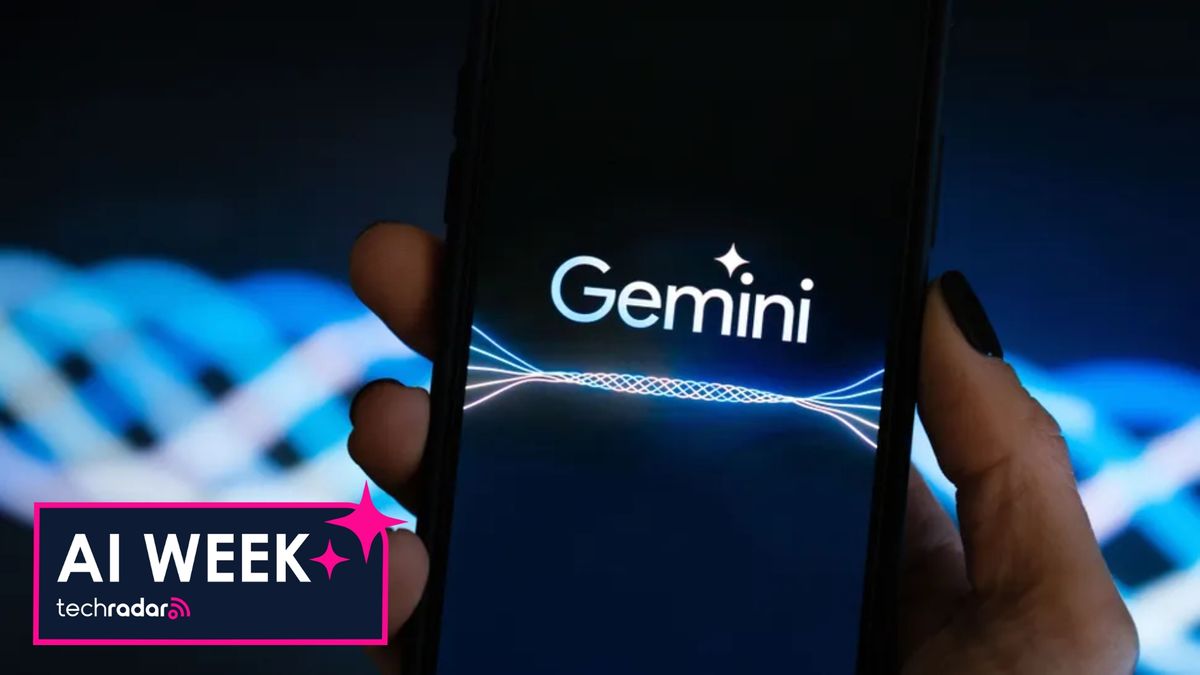Google’s Gemini 3 Targets ChatGPT Lead with Five Key Upgrades

Key Points
- Google plans to launch Gemini 3 with five major upgrades.
- Improved memory aims to keep context across longer conversations.
- Balancing speed and smart processing addresses slow response issues.
- Enhanced intent detection will reduce misinterpretations.
- Deeper image and video analysis seeks real‑world utility.
- Task‑completion features target true personal‑assistant behavior.
Google is preparing to launch Gemini 3, its next AI chatbot, with a focus on five upgrades that could help it overtake ChatGPT. The new model aims to improve memory, speed, intent understanding, image analysis, and task completion. Gemini 2.5 already offers long‑form conversation and a “thinking mode,” but users note occasional lapses in context and speed. By addressing these gaps, Gemini 3 hopes to become a true personal assistant rather than a smart search box, delivering a more reliable and versatile experience for everyday users.
Background and Recent Developments
Google’s AI chatbot series has progressed through several iterations, including Gemini 1.5, Gemini 2.0, and Gemini 2.5. Gemini 2.5 introduced capabilities for handling lengthy conversations and large documents, yet users have reported that the model sometimes loses track of earlier parts of a chat. The “Flash” version of Gemini 2.5 added a “thinking mode” that displays its reasoning, but this feature can make responses feel slow.
Five Upgrades Gemini 3 Must Deliver
According to industry observers, Gemini 3’s success will hinge on improving five core areas:
- Memory and Context Retention – Users expect the chatbot to remember key details, maintain ongoing tasks, and build on previous messages without requiring repetition. Gemini 2.5’s occasional loss of context is seen as a major drawback compared with ChatGPT’s more consistent memory.
- Speed Paired with Smarter Processing – While Gemini 2.5’s “thinking mode” showcases intelligence, it can be painfully slow. The next version should balance response speed with the ability to select appropriate model complexity for each prompt, similar to how newer ChatGPT versions manage timing.
- Better Understanding of User Intent – Misinterpretations still occur when Gemini 2.5 guesses the wrong meaning of a question and answers confidently. Gemini 3 should ask quick follow‑up questions when prompts are ambiguous, ensuring a more human‑like grasp of intent.
- Advanced Image and Video Comprehension – Current capabilities allow Gemini to analyze photos and short videos at a shallow level. The upcoming model is expected to offer deeper analysis, such as providing form feedback during workouts or detailed cooking assistance.
- True Taskmaster Functionality – Although Gemini can locate information, it often stops short of completing multi‑step actions, like booking a restaurant or sending an email. Gemini 3 is envisioned to behave more like a personal assistant, handling complex tasks, adapting to changes, and correcting its own mistakes without restarting.
Potential Impact on the AI Chatbot Landscape
If Gemini 3 delivers on these upgrades, it could shift perception of Google’s chatbot from a “very smart search box” to a genuine assistant. This would position it more competitively against ChatGPT, which remains the first name many users associate with AI chat. By improving memory, speed, intent detection, visual analysis, and task execution, Gemini 3 aims to provide a smoother, more reliable daily experience.
Outlook
The anticipated launch of Gemini 3 reflects Google’s ambition to close the gap with leading AI chatbots. Observers are watching to see whether the five targeted improvements will translate into a product that feels “human” and capable of handling real‑world tasks without the limitations noted in earlier versions.